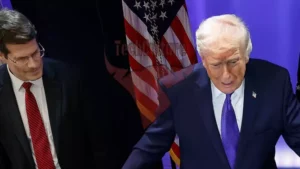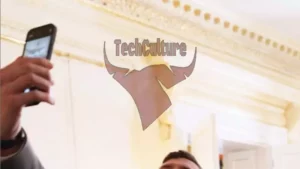In the fast-paced world of social media, one app has managed to capture the hearts of millions worldwide – TikTok. However, recent developments have put this wildly popular Chinese app in jeopardy, as the United States moves closer towards banning it. The measure, which has already received congressional approval, is now awaiting President Biden’s signature. This move mirrors a similar situation in India back in June 2020, when the Indian government decided to bid farewell to TikTok and several other Chinese apps in the aftermath of a military conflict along the India-China border.
Nikhil Pahwa, a digital policy expert and founder of tech website MediaNama, shed light on the circumstances leading up to India’s ban on TikTok. He highlighted the growing concerns about Chinese companies operating in India amidst the military tensions between the two nations. Echoing his sentiments, Pahwa noted that the ban on TikTok was part of a broader trend, with India subsequently banning over 500 Chinese apps in total. At the time of the ban, India boasted around 200 million TikTok users, making it one of the app’s largest markets outside of China.
The void left by TikTok’s absence in India presented a golden opportunity for other platforms to swoop in and capture a significant share of the market. TikTok was known for its hyperlocal content in India, a trait that set it apart from other social media platforms. Winnie Sangma, a former TikTok user, expressed nostalgia for the platform and the creative outlet it provided. While TikTok chose not to contest the ban in India, the situation may play out differently in the U.S. due to the country’s robust Fourth Amendment protections.
Beyond India and the U.S., TikTok has faced restrictions and outright bans in several other countries, including Pakistan, Nepal, and Afghanistan, as well as certain nations in Europe. The global landscape for TikTok has become increasingly complex, with regulatory challenges posing a threat to its widespread popularity. As the fate of TikTok hangs in the balance, users and content creators around the world are left wondering about the future of this beloved app that has reshaped the social media landscape.





